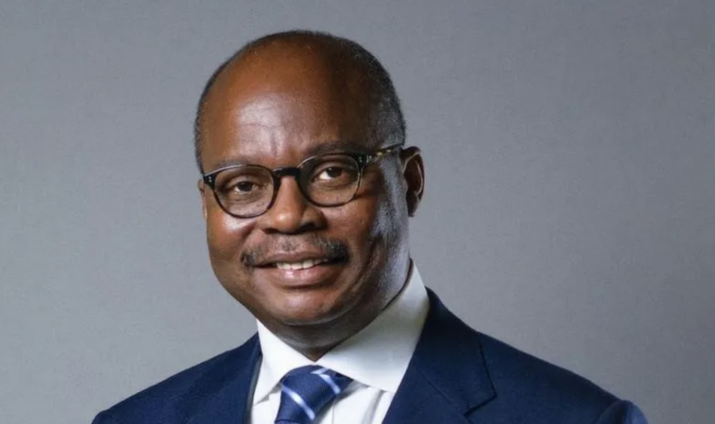The Bank of Ghana (BoG), has for the third consecutive time, kept the country’s Monetary Policy Rate (MPR), at 29 per cent, citing the risk of inflation.
Dr Ernest Addison, Governor of the Central Bank, announced the rate at a press briefing in Accra on Friday after the end of the Monetary Policy Committee (MPC) meeting.
He explained that though inflation was expected to remain within the target year band of 15 per cent, risks were tilted slightly on the upside, with some uncertainty regarding the inflation path for the year.
That, the Central Bank Governor, said was due to the recent exchange rate pressures, upward adjustment in utility tariffs and increases in ex-pump fuel prices.
“This will require maintaining the strong monetary policy stance supported by strong fiscal consolidation efforts including remaining vigilant to ensure that the end-year inflation objectives are achieved,” he said.
Read also: Consumer, business confidence softens, but economic activity surges – BoG
The Monetary Policy Rate is used by the Bank of Ghana to influence short-term interest rates and control the supply of money in the economy.
While private sector credit extension steadily improved in the first half of the year, Interest rate trends were broadly mixed at the short-end of the market, the Governor said.
On the performance of the economy, he stated that provisional Gross Domestic Product (GDP) growth pointed to a strong growth recovery, with a 4.7 per cent in the first quarter of 2024, compared with the 3.1 per cent recorded in the same period of 2023.
He stated that the real Composite Index of Economic Activity (CIEA) annual growth of 3.3 per cent in May 2024, was an improvement over the 3.7 per cent contraction in May 2023.
“The key drivers of the growth in the CIEA were private sector contribution to SSNIT, imports, cement sales, exports, domestic VAT, and tourist arrivals,” Dr Addison said.
In the banking sector, there was an indication of continued recovery from the impact of the Domestic Debt Exchange Programme (DDEP) in the first half of the year, he said.
Total banking sector assets grew by 33.3 per cent to GH¢323.1 billion at end-June 2024, relative to 21.2 per cent growth at end-June 2023, with profitability, liquidity, and efficiency indicators also improving over the period, he noted.
Latest Stories
-
Goaso Municipal Hospital appeals for improvement in infrastructure, equipment, and human resources
20 seconds -
Iran blames ‘negligence’ for port blast as death toll rises to 70
3 minutes -
Kurt Okraku steps down as WAFU Zone B President
16 minutes -
3 suspected gold smugglers arrested by GoldBod security taskforce remanded
1 hour -
President Mahama committed to opening up Afram Plains once and for all – Roads Minister Kwame Agbodza
1 hour -
Movement for Change: No law broken in Chief Justice suspension process
2 hours -
Today’s Front pages: Tuesday, April 29, 2025
2 hours -
GBA’s call on Prez Mahama to ‘suspend the suspension of the Chief Justice’ shocking – Movement for Change
2 hours -
Oliver Barker-Vormawor sues Police, Prison Service, Attorney-General for GHC 9.9 million over wrongful imprisonment of farmer
2 hours -
Defamation case: Court orders GH¢700K award to Ntim Fordjour
2 hours -
If Trump really is running the world, where will he take it?
3 hours -
Kofi Adams hails Kurt Okraku for ‘righting wrongs’ in Ghana’s football system
3 hours -
Osinachi: Why court sentenced husband to death
3 hours -
Namibian minister sacked after being accused of rape
3 hours -
Association of Automobile Artisans unveils national leadership and future plans
4 hours

